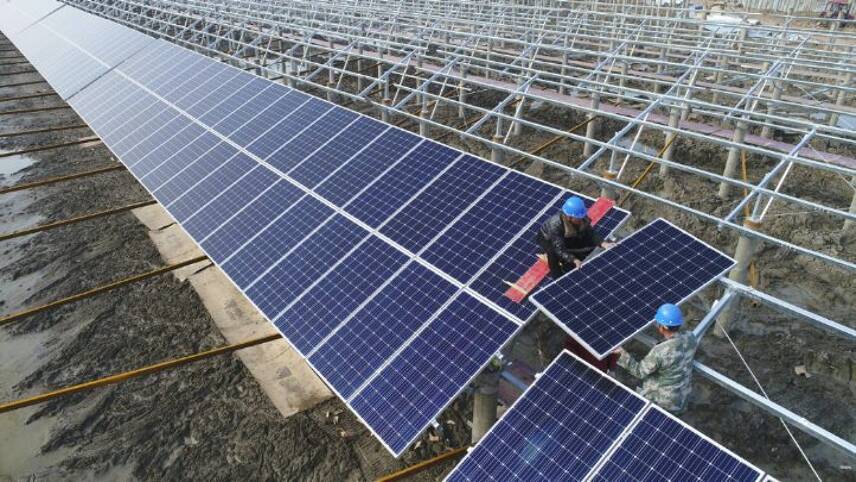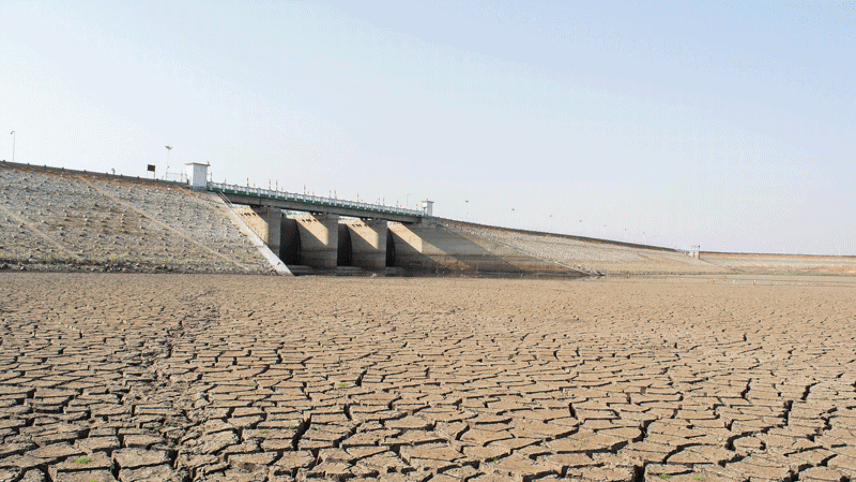WOBO thanks “edie” News for the links to Global activity.

Global solar investments outpace oil and gas for first time
Investments into solar look set to exceed that of oil production for the first time ever, with more than $1.7trn set to be funnelled into clean energy solutions in 2023.
Research published in a new IEA report has found that around $2.8trn looks set to be invested in global energy this year, of which more than $1.7trn will be spent on clean energy technologies – including renewables, electric vehicles (EVs), nuclear power, grids, storage, low-emissions fuels, efficiency improvements and heat pumps.

Banana fibre fabric and houses made of rice: The circular innovations of May 2023
“I believe we must base the next industrial revolution – a planned one – on the thesis that there is no such thing as waste, that waste is simply some useful substance that we do not yet have the wit to use.”
It may surprise you to learn that these words are not from the past decade, during which time the concept of the circular economy has taken off in popularity, but were rather published in a March 1970 edition of the Journal Science.
A circular economy is one where stakeholders are incentivised to reuse and recycle resources. It stands in contrast to a linear economic process whereby raw materials are extracted, converted into products, then thrown away at the end of their useful life.
While the concept has deep roots, we today remain overwhelmingly dependent on non-circular consumption. For example, the Circularity Gap Report 2023, produced by global impact organisation Circle Economy in partnership with Deloitte, found that ‘secondary materials’ – used materials cycled back into the economy – only make up 7.2% of all material inputs.
Part of the solution for delivering a circular economy is behaviour change from consumers, and supportive policy from regulators and lawmakers. But innovation in technology and processes is also essential.

Report: 22% of population to suffer under dangerous heat due to weak climate policies
Almost one-quarter of humanity will be living under dangerously hot conditions unless governments improve their climate policies and deliver them in full.
The Global Systems Institute at the University of Exeter has today (22 May) published a study assessing the impact of 2.7C of warming above pre-industrial levels on the global population. This level of warming is the level believed to be likely by 2100 if existing national climate commitments are delivered.
The conclusion is that, by 2100 at the latest, two billion people would be exposed to average temperatures of 29C or higher in a 2.7C pathway – up from just 60 million today.
And, in a trajectory where warming exceeds 3.6C, at least half of the population would be exposed. The researchers state that, with a majority of the population outside of a liveable climate, humanity would face an “existential risk” with global trade systems and efforts to keep the peace breaking down.

‘Sounding the alarm’: World on course to breach 1.5C threshold in 4 years
New research from the World Meteorological Organization (WMO) has warned that global annual average temperatures will exceed the 1.5C goal of the Paris Agreement by 2027, bringing life-altering climate impacts at a quicker pace.
The startling new report has found that there is a 66% chance that annual average temperature increases will exceed the 1.5C ambition of the Paris Agreement by 2027. This does not mean that global temperatures will permanently exceed that threshold.
Professor Petteri Taalas, the secretary general of the WMO, said: “This report does not mean that we will permanently exceed the 1.5C specified in the Paris agreement, which refers to long-term warming over many years. However, WMO is sounding the alarm that we will breach the 1.5C level on a temporary basis with increasing frequency.”
Breaching the 1.5C threshold would be “uncharted territory” for humanity, the report notes. The hight average recorded to date has been 1.28C above pre-industrial levels, which is the benchmark for the Paris Agreement’s ambitions.
The report details how extreme weather events, potential desertification and deforestation of crucial ecosystems like the Amazon rainforest and increased rainfall in Northern Europe are now far more likely.
It also found that annually, the global surface temperature will fluctuate between 1.1C and 1.8C above pre-industrial levels up to 2027.

Dublin approves climate plan with new 2030 emissions, energy efficiency goals
Ireland has approved the 2023 Climate Action Mandate, which hopes to provide a consistent approach meeting climate goals across the public sector, including a 51% reduction in greenhouse gas emissions and a 50% improvement in energy efficiency by 2030.
Actions outlined in the plan include a ban on disposable cups, plates and cutlery outside of clinical and healthcare settings. Private transport is also an area targeted in the mandate, with a plan to phase out parking spaces in buildings alongside a planned promotion of greener transport options such as cycling and shared mobility options.
There is also a push towards further digitalisation in the public sector, eliminating the need for paper-based processes. The plan was approved late on Tuesday (16 May).
